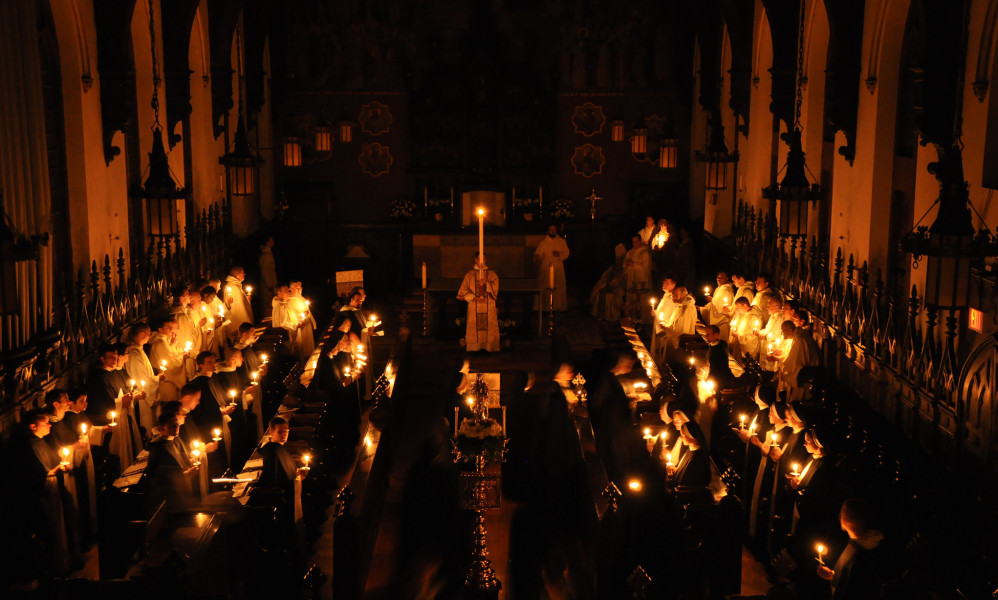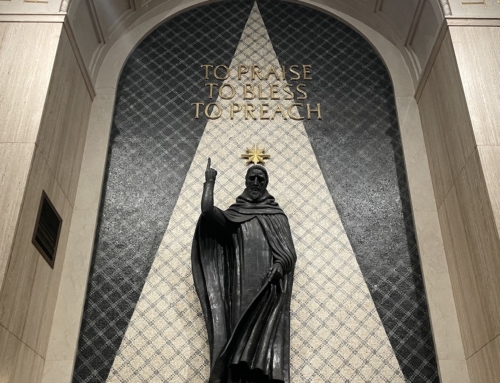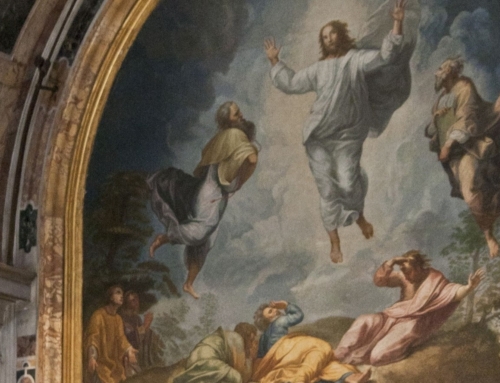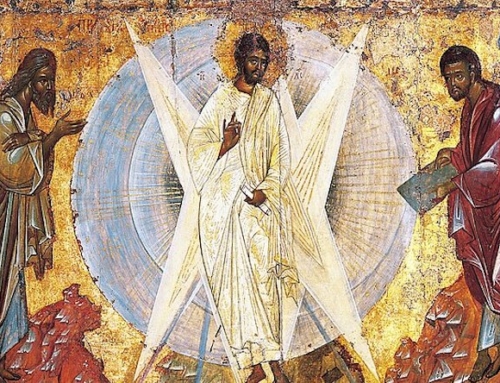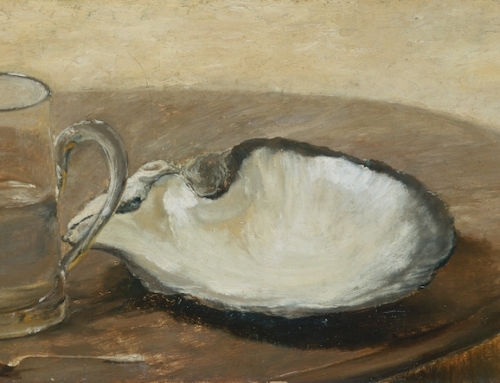Today’s Gospel recounts Judas’s betrayal of Jesus. For thirty pieces of silver, he agrees to hand Jesus over to the chief priests. This betrayal begins a chain of additional handing-overs. The chief priests hand Jesus over to Pontius Pilate, who in turn hands him over to the soldiers. They crucify him.
This chain of handing over shapes much of the account of the Passion, but it does not tell the whole story. On a deeper level, it is possible to say that the Father hands over Christ, who, for his part, voluntarily hands himself over. Judas and the rest play their role in the Passion. Yet their roles, though important, are ultimately minor. The story belongs to God.
When St. Thomas examines how the Father handed over Christ to the Passion, he offers three ways to understand this. For one, it’s the Father’s eternal will that Christ’s Passion should bring human redemption, and, for another, the Father does not intervene to shield Christ from the Passion. The last way is perhaps the most beautiful. St. Thomas writes that “by the infusion of charity, [the Father] inspired Him with the will to suffer for us” (ST III, q. 47, a. 4). Thus, Christ’s Passion is not the tragic consequence of Judas’s betrayal, but the salvific pinnacle of the Father’s love.
In considering the Passion, we often focus on the darkness, and miss the light. We recall humanity’s sin or Christ’s human suffering, but can forget the divine love motivating the whole Passion. Truly, Christ entered into the darkness of our sin. Night follows Judas’s betrayal. But God is not outdone. The Father stokes in Christ the fire of his love all the more. “The light shines in the darkness, and the darkness did not overcome it” (Jn 1:5).
In considering our lives, we again can focus only on the darkness. Yet all of our sins, from genocides to white lies, could never outweigh the infinite, all-powerful love of the Father. To use an image of St. Thérèse, even our worst sins—once contritely confessed—are but a drop of water flicked into the fiery furnace of God’s love.
This love of the Father is also extended to us. Jesus told his disciples at the Last Supper, “As the Father has loved me, so have I loved you; abide in my love” (John 15:9). Christ’s words may offer comfort, but they also offer strength for battle. Amid the world’s darkness, Christ promises divine fire. The very same love that strengthened Christ for his Passion now strengthens us for the crosses we carry.
In a special way, Jesus extends this love to us in the Eucharist. In this sacrament, Jesus continues to freely hand himself over to us—no longer enemies, or even servants, but his friends. By our communion with him, he offers us a share in the love that strengthened him for the Passion.
Whenever we face great suffering, God has even greater love to give us. For no trial can outlast his patient mercy. No foe can separate us from his intimate tenderness. And no darkness can even compete with the fire of his love. When crosses come, let us not ask for less suffering, but for more love.
✠

